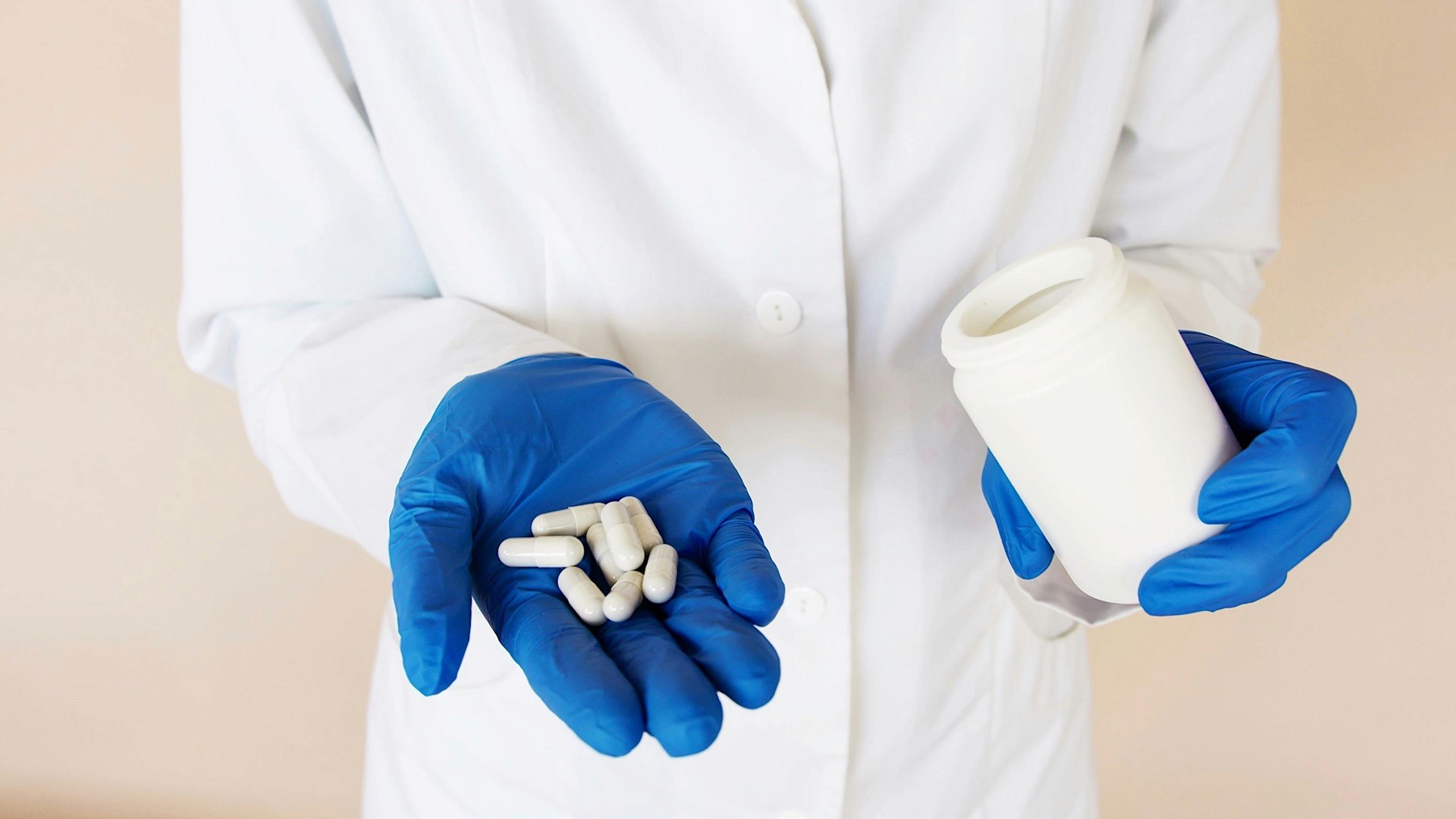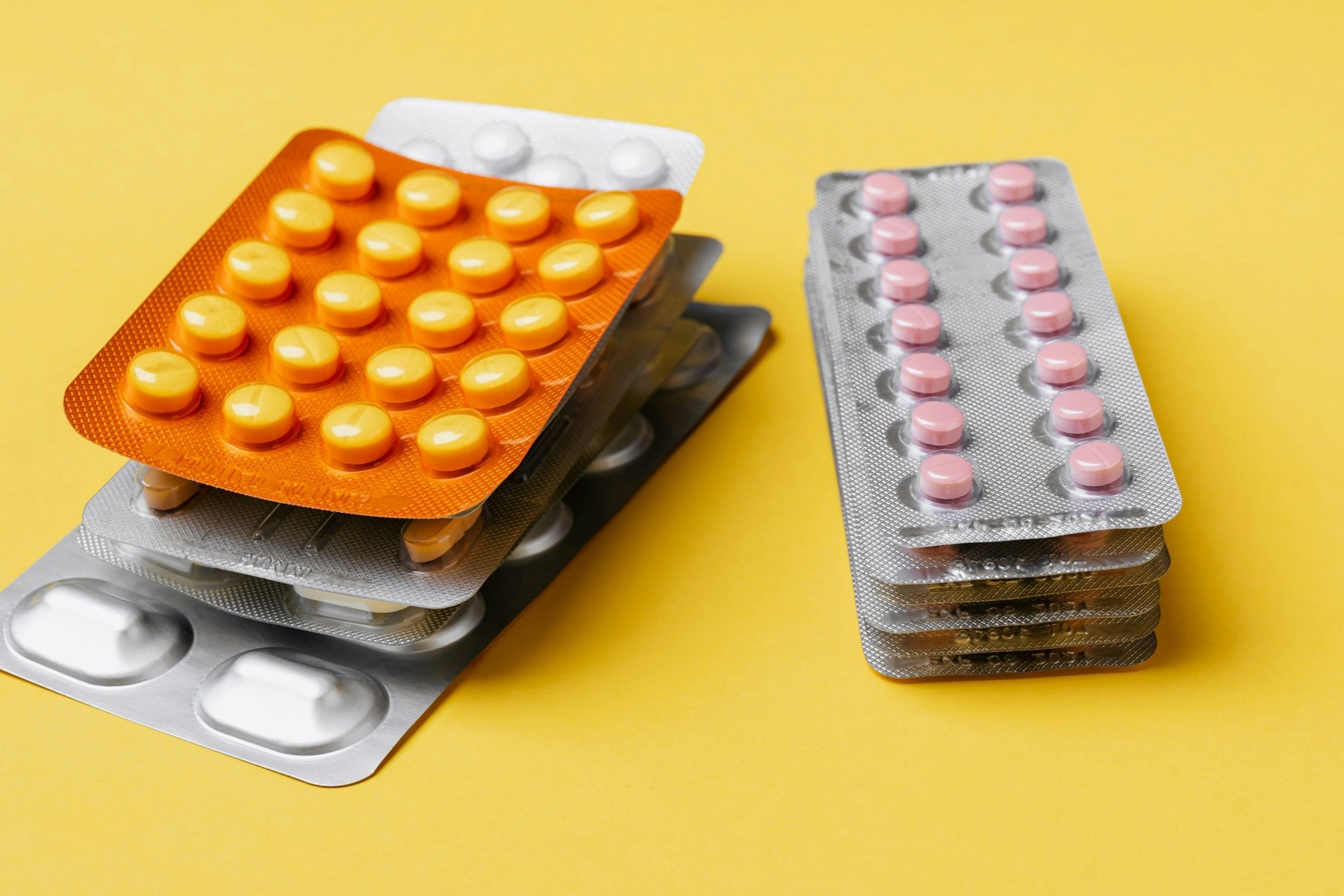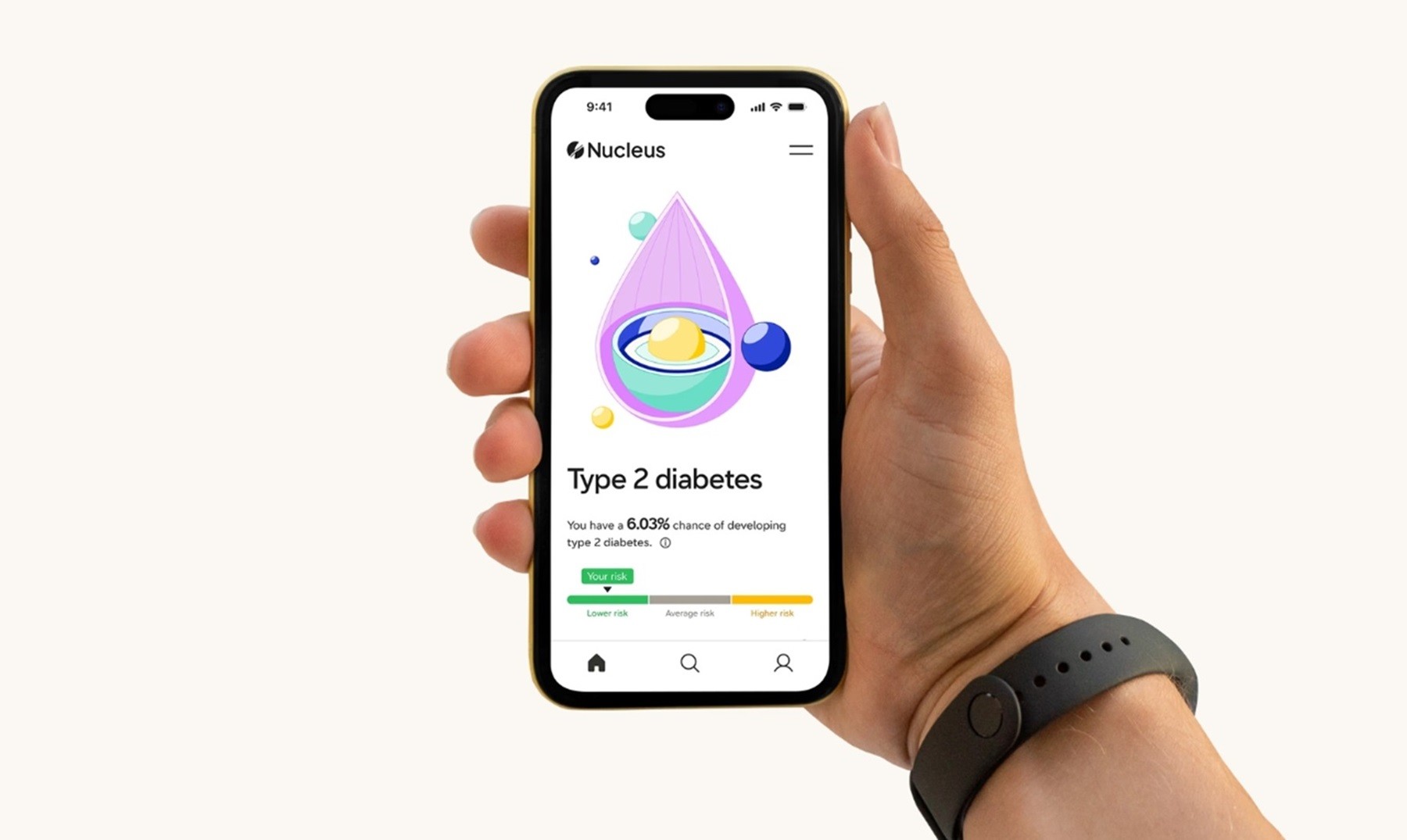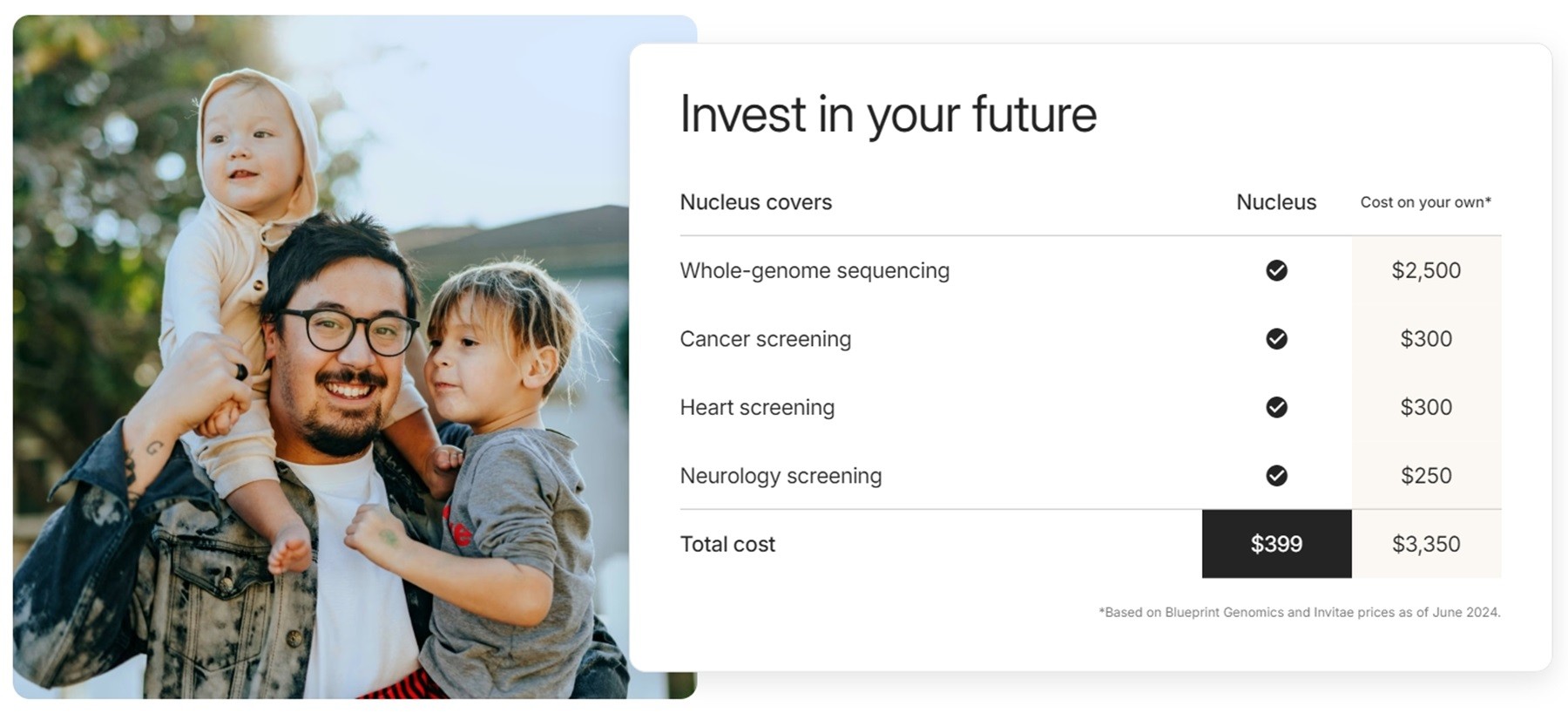Nootropics are substances that can allegedly enhance your cognitive performance. Aptly named “smart drugs,” they are said to improve various mental functions, including memory and alertness. While not enough scientific evidence exists to confirm these claims fully, some nootropics have shown great promise in preliminary studies.
Although they all aim to enhance mental performance, nootropics represent a broad category of substances that differ in terms of source, function, and many other factors. Learn about different types of nootropics, their effectiveness, safety, and other key information before adding them to your supplement stack.
Important note: Nootropics may lead to side effects due to interactions with conditions and medications, individual physiological differences, and product quality variations. Please consult a medical professional before taking any nootropic and purchase from reputable brands only.
Source-based nootropic classification
The simplest and most common way to classify nootropics is by their origin. The main types are:
Natural nootropics
Synthetic nootropics
Semisynthetic nootropics
1. Natural nootropics
Most nootropics are of natural origin and are available as over-the-counter supplements. Many of these also occur naturally in foods and beverages we regularly consume.
Natural nootropics are less potent and usually require long-term use to produce results. Side effects are typically rare and mild. Still, nootropic supplements are usually recommended for and studied in individuals with cognitive problems, so their effects on healthy individuals still need to be clarified.

Source: Nataliya Vaitkevich
Throughout history, many natural nootropics have been used in traditional Chinese and Indian Ayurveda medicine for various purposes. Numerous studies are investigating these effects today. Check the table below for a rundown of some natural nootropics that have emerged as promising so far.
*Antioxidant: Protecting cells from damage caused by free radicals.
**Neuroprotective: Protecting the central nervous system from injury and degeneration.
2. Synthetic nootropics
Prescription nootropics are created in laboratories using inorganic material. They’re more chemically pure and potent than natural nootropics but also potentially more dangerous. Most synthetic nootropics are deemed medications and require a prescription to be purchased. These include:
Modafinil: Prescribed to narcolepsy and sleep apnea patients and shift workers
Ritalin, Adderall: Prescribed for attention-deficit hyperactivity disorder and narcolepsy
Memantine: Prescribed to patients suffering from moderate to severe dementia
Obtaining these substances without a prescription and using them to enhance work or academic performance can be dangerous. Some of these drugs are addictive and carry the risks of severe side effects, which include high blood pressure, insomnia, and vision problems.

Source: Artem Podrez
The following synthetic nootropics don't require a prescription from a healthcare provider:
Racetams: They improve memory, learning, and other cognitive functions and treat aging-related conditions. The most popular type of racetam is Piracetam.
Noopept: Noopept was developed on the structure of Piracetam, but it is more potent and requires a lower dose to be effective. Some sources suggest it may improve cognitive function and alleviate mental decline.
Although available over-the-counter, these substances still warrant caution as they aren’t regulated closely by the Food and Drug Administration. They can cause negative reactions like anxiety, diarrhea, rash, and insomnia.
3. Semisynthetic nootropics
Semisynthetic nootropics are created with natural ingredients but are chemically modified to enhance the effects and reduce side effects.
Legal examples in the U.S. include vinpocetine and huperzine-A. These nootropics are considered dietary supplements, and the FDA doesn’t regulate them as closely as prescription drugs. Little is known about these substances, their efficacy, and side effects, so you should proceed with caution if you’re interested in trying them.
Bonus read: Check out our review of well-known nootropics distributor, Limitless Life nootropics.
Mechanism-based nootropic classification
Nootropics can also be grouped based on their supposed mechanisms of action, though some products may affect the brain in multiple ways. Check out the table below for details:
What types of nootropics can you combine?
Many people, especially athletes, combine various nootropics to achieve optimal outcomes. For example, Bryan Johnson, a famous biohacker who dedicates his life to reversing his biological age, takes over 100 compounds daily. Most of them are supplements and nootropics with potential anti-aging properties, such as:
Omega-3 (EPA/DHA/DPA)
Ubiquinol (CoQ10)
Turmeric
Fisetin
Astaxanthin
Genistein
NAC (N-acetylcysteine)
Luteolin
Vitamin B3 (niacin)
Bonus read: Find out how niacin may boost longevity and prevent cognitive decline in our guides to NAD and liposomal NAD benefits.
Combining different types of nootropics may be effective, but you should do it with caution. Many of these substances, especially their combinations, haven’t been studied enough, and their effects can vary. In some cases, mixing nootropics can even be dangerous.
A team of experts designed Bryan Johnson’s stack to achieve a specific goal — longevity. They also monitor his biomarkers regularly and modify the stack as needed. If you want to try stacking nootropics, you should consider your specific goals and seek professional guidance.

Source: Kaboompics.com
How to use and stack nootropics safely
To use or combine nootropics safely, it’s important to adopt a scientific and personalized approach. Here’s what you should do:
Consult your healthcare provider first to avoid negative interactions with specific conditions, medications, or other supplements.
Try one substance at a time to evaluate how it affects your body.
Be careful about the dosage and start with small amounts, even if the product is of natural origin.
Buy only from reputable companies that are transparent about their ingredients, production, and testing processes.
One simple but effective way to understand your body and the supplements it needs is the Nucleus Premium DNA test. Sign up for Nucleus and order your kit to analyze almost all of your genes and reveal how they may influence your life and health. This information can help you make optimal lifestyle choices, allowing you to achieve your physical and mental health goals efficiently.
Nucleus: Get a head start on your health journey
Nucleus is an all-in-one DNA platform that offers physician-ordered tests you can take at home. It uses cutting-edge whole-genome sequencing technology to decode almost your entire genome. Nucleus also considers your environmental and lifestyle factors for a detailed and accurate assessment. As a result, you’ll get two types of reports:
Diseases and conditions: Nucleus will evaluate your risk for over 170 diseases, including rare cancers and mental health conditions like ADHD and depression.
Traits: You’ll understand how your genes affect your intelligence, longevity, BMI, and many other traits.

The reports are actionable and easy to follow. You can also get further insights by meeting with a genetic counselor through Nucleus’ partner network, SteadyMD.
Nucleus is a fully regulated platform. It’s HIPAA-compliant and works with state-of-the-art U.S. labs to ensure data safety, quality, and accuracy.
Order your Nucleus Premium kit today
Nucleus Premium costs [PRICE.KIT_SOLO.ONE], making it one of the most affordable whole-genome tests on the market. The test is also eligible for HSA and FSA. The premium plan includes all health and trait reports, including a one-year membership that supplies updates as new research comes out and your lifestyle factors change.

Taking the test is effortless. Once your kit arrives, you only need to swab your cheeks and send back the sample. You’ll be able to view your results in your secure online account within six to eight weeks.
Here’s how you can get started with Nucleus:
Fill out your personal information
Place an order
You may also like…
If you want to learn more about contemporary health optimization practices, check out the following topics:
Featured image source: hainguyenrp












